Click to view our Accessibility Statement or contact us with accessibility-related questions






PRODUCTS YOU MAY LIKE
Trending Posts in Audiophile

Simthaniel
Rigs
Modded headphones with qudelix at the core
When I received the Qudelix 5K, I had already modified a pair of Superlux HD-681 headphones. I previously soldered my own balanced connections to the drivers, providing multiple ways to connect and...
Apr 14, 2024

brothamike
A decent set of IEMs
I am in the midst of a 300 hour burn-in but, I will say I am enjoying how this set sounds so far. Before I received these which was btw late by a few weeks, I purchased a Sony/Kimber Kable MMCX...
Apr 12, 2024
merrick97
Should I exchange the PC38X for better headphones?
I bought the PC38X headphones FOR GAMING and they are great, but I have NO use for a Microphone since I don't do competitive gaming and I was wondering if there were better headphone options at a similar price without a headphone, where (presumably) more of the cost was put into making it sound better. I also find that my PC38X don't get quite as loud as I would like and I was wondering if a cheap amp like the iFi Go link would draw a little more volume out of my phones. https://www.amazon.com/dp/B0BN6MM822?psc=1&ref=ppx_yo2ov_dt_b_product_details I went with the PC38X since it was considered the best bang for buck headphones. I care most about using spatial apps like DOlby Atmos and DTS Headphone:X. Suggestions are welcome.
Apr 11, 2024

LostnAmerica
Sound Signature of the Grell Project.
Wondering what type of sound signature the Drop Grell project headphones will have or trying to attain. Any update would be appreciated.
Apr 8, 2024

Fabulous
Looking for a gaming/content audio setup
Hello! I'm looking for recommendations on audio setups. I'd be planning on using it mostly for gaming. Preferably I'd like a pair of large closed back headphones since I have a big head and jaw. I'd also like to hear myself through my mic with mic monitoring. As far as budget goes, I don't really have one. But under 600$ would be nice. I can go higher if needed. The audio setup would be connected to a high performance PC. Thank you in advance for any recommendations!
Apr 4, 2024

1plsd
$10 Drop Coupon Email not sent?
Trying to buy some gear off Drop for the first time. I was told I would receive an email with a welcome to drop $10 off promo. I never received that email. Drop was able to send me emails for my login token and email for Password update. But for some reason the $10 off coupon was never sent to me.
Mar 31, 2024

NMPacella
New here
Hello, I just joined, primarily for the audiophile products. Looking at purchasing the NHT C3 speakers for our new living room. Space is about 15 feet wide by 33 long and they will fire long ways. Space is just for general listening, music room with all equipment is downstairs, so hoping they will fill it with sound nicely. Cheers.
Mar 18, 2024
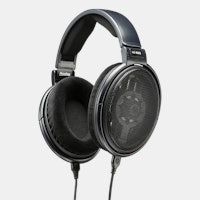
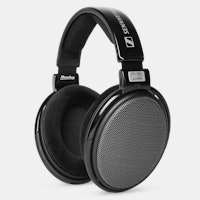
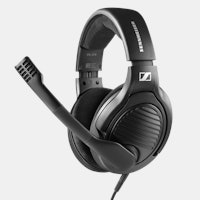
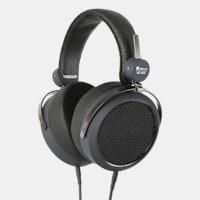
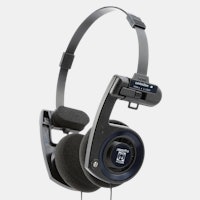
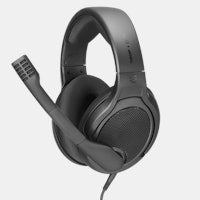
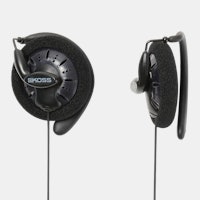
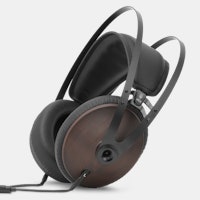
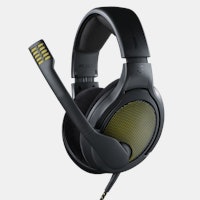
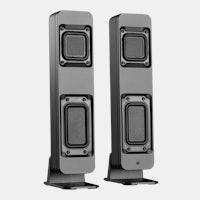
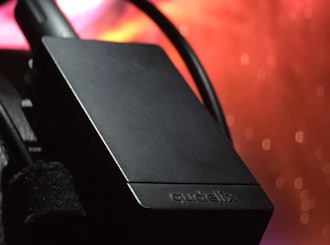
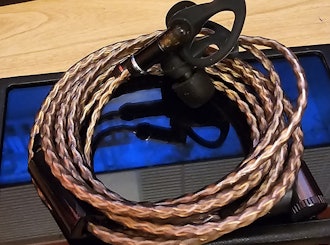
Let me explain what we are dealing with and provide some clarity into our strategy:
1) DACport Classic, that original cigar -shaped product maxed out at 24-bit/96kHz. In tech speak, that allows it to use the older USB standard, USB 1.1. The good news about USB 1.1 is that Mac, Windows and Linux all have USB 1.1 audio drivers built-in. We only released ASIO drivers for Windows (not audio drivers) and those worked fine.
2) DACport Slim goes way beyond 24-bit/96kHz and supports 192kHz. This requires more bandwidth than what's available in the older USB 1.1 standard and automatically switches the product into the USB 2.0 device category. Sadly, Windows does not bundle audio drivers for USB 2.0 devices, so manufacturers are on their own, forced to provide audio functionality themselves. Normally, this won't be an issue, since we have offered robust Windows audio and ASIO drivers for years. However, read #3 below.
3) With Windows 10 (actually, starting as far back as Windows 8.1) Microsoft decided to "improve" the audio system in Windows and basically broke everything. Our great existing drivers, that used to work before, are no longer functional, because Windows has entirely redone the way audio is handled. Even though they've changed things, they still don't provide USB 2.0 audio drivers, so we (and most other manufacturers) have to scramble to understand what they did and update our drivers. Thanks, MS.
4) In the Pro Audio world, where we do a lot of our business, people are more conservative. They know that new OS versions contain bugs that take months to clean up. They don't immediately rush to upgrade their work systems as soon as new OS versions come out. They know that if their system breaks, they won't be able to work and make money. They only upgrade once the new OS is very stable. We thought this would be the case here as well, but you guys are all eager to check out the latest and greatest! That's where we miscalculated. We thought that Windows 10 installations would be few and far between, but looks like many people have already upgraded. No worries, help is on the way.
5) A word on USB hubs. As the user guide states, we don't recommend using hubs. A lot of hubs don't manage power correctly. DACport Slim requires power because it offers Class-A amp and drives a lot of juice into your awesome headphones. Another problem with hubs is that sometimes they limit the available bandwidth, which with USB 2.0 and 192 kHz may become a problem. So, we recommend to stay away from hubs and plug the unit directly into the computer.
6) A word on USB cables. If using your own USB cable, please be careful to use a "real" USB data cable, not a charging cable. The charging cable typically comes with batteries and only has two wires (power wires), but it lacks the two data wires, which carry the USB audio. The charging cables won't work.
Now that you know about the issues themselves, let's talk about our plan for resolution.
Our programmers are working night and day to release the new driver version, which will fully support Windows 10. Once it's available, we will make an announcement. We hope to have it ready very soon. Meantime, to test things out, we have reached out to a few of you with some beta-test instructions. We will make sure things work well and everything is stable before making a general announcement.
Thank you for your patience and in the meantime, you should be able to use the product with Macs and Windows 7 machines.
Once again, our goal is to have a smooth experience for you, our customers, and I apologize for the inconvenience you have seen. We will not abandon you. We remain committed to you and will deliver upgraded driver experience soon.
Michael Goodman CEO CEntrance, Inc.
I have had many frustrating experiences with USB 2 hubs not providing enough power for various devices. Most frustrating is the lack of a useful error message from Windows when, presumably, it knows there's a problem during the connection process. I now use semi-industrial quality USB 2 and 3 hubs, which largely solve this problem. If you can, consider detecting potential power supply problems, and find a way to notify users during installation.
Which begs the questions: How much power would be sufficient? Does the DACport Slim draw more than the USB 2.0 standard of 500 mA? (Maybe it has a power draw spike when it's initially plugged in, then stabilizes at a lower level?) Or do a bunch of us users just have PCs that don't actually supply 500 mA from their USB 2.0 ports?
The USB 2.0 ports on my Dell Lattitude laptop have never had a problem powering any other USB device I've tried over the past two years, including a couple of older Western Digital Elements portable USB-powered hard drives that probably push the power demands of USB 2.0.
There is also a protocol issue we've discovered that has some hubs reacting incorrectly. Stand by. The solution is on the way.
It's fun trying to make your product compatible with literally thousands of computer configurations. This requires time and perseverance. We are mostly there though. We've grouped the incompliant systems into two categories and are testing solutions for both. Once they are solid, will roll out to every one.